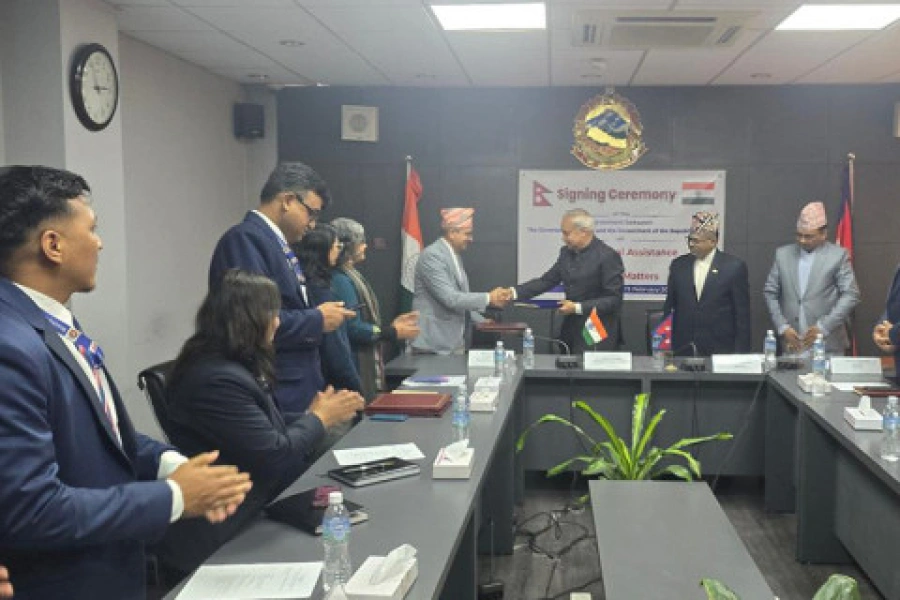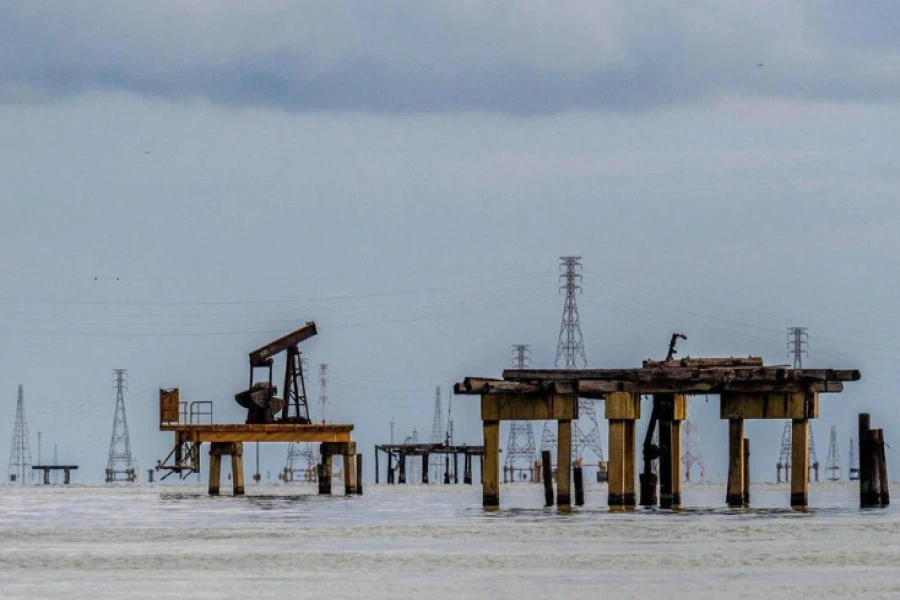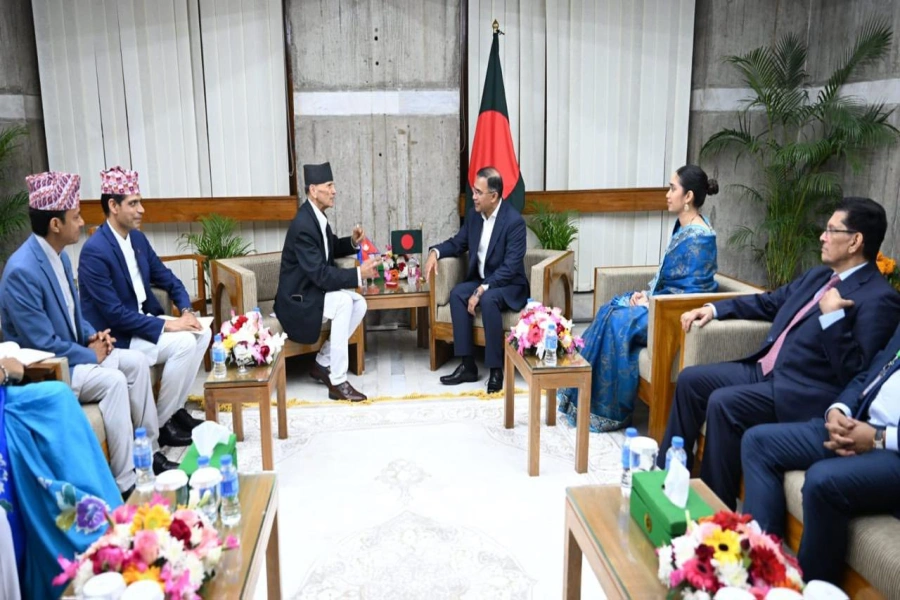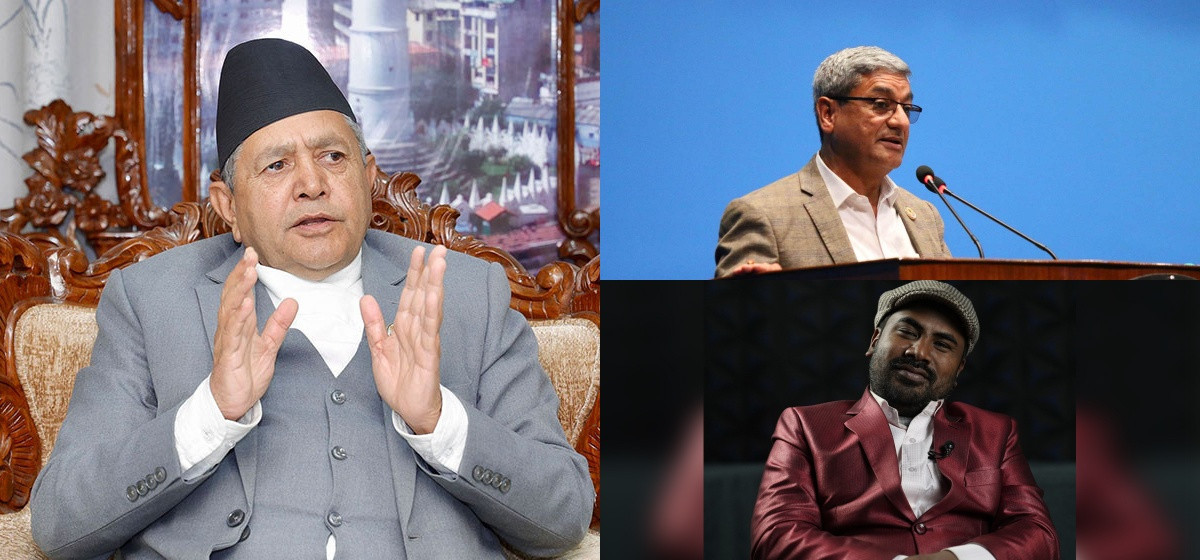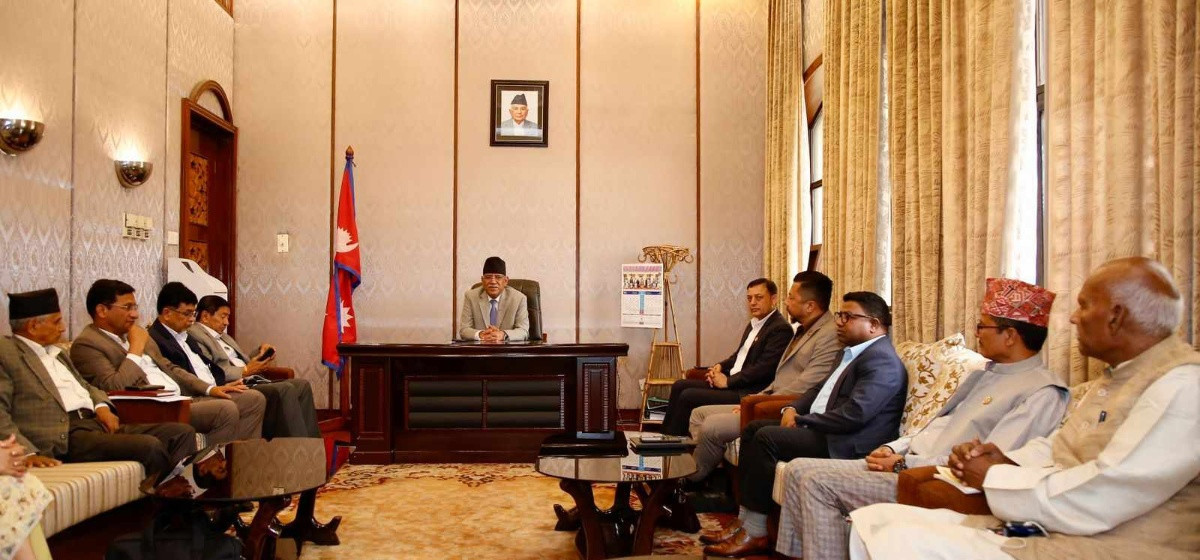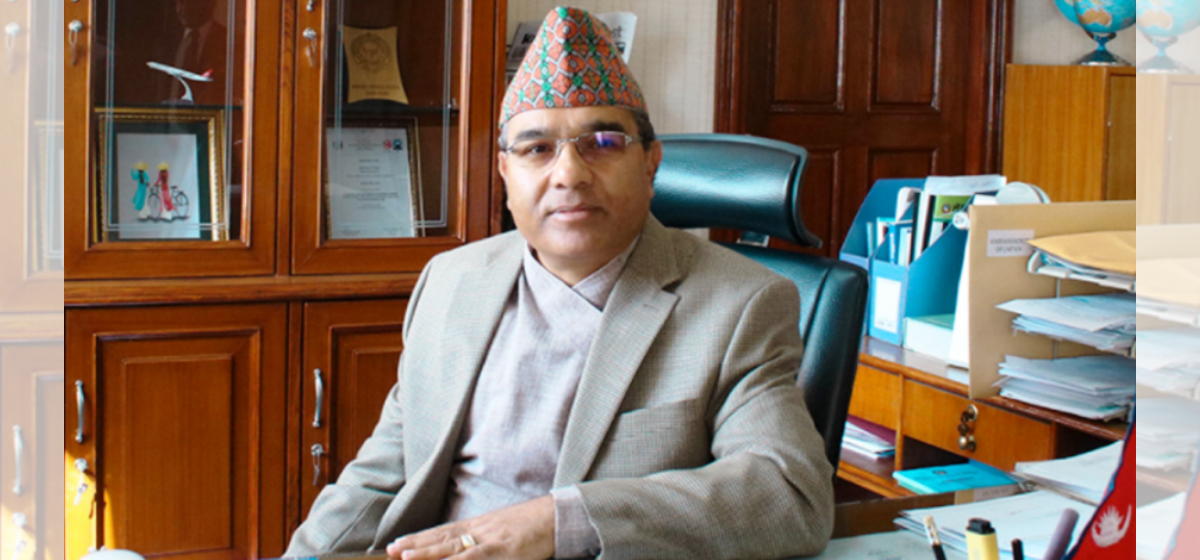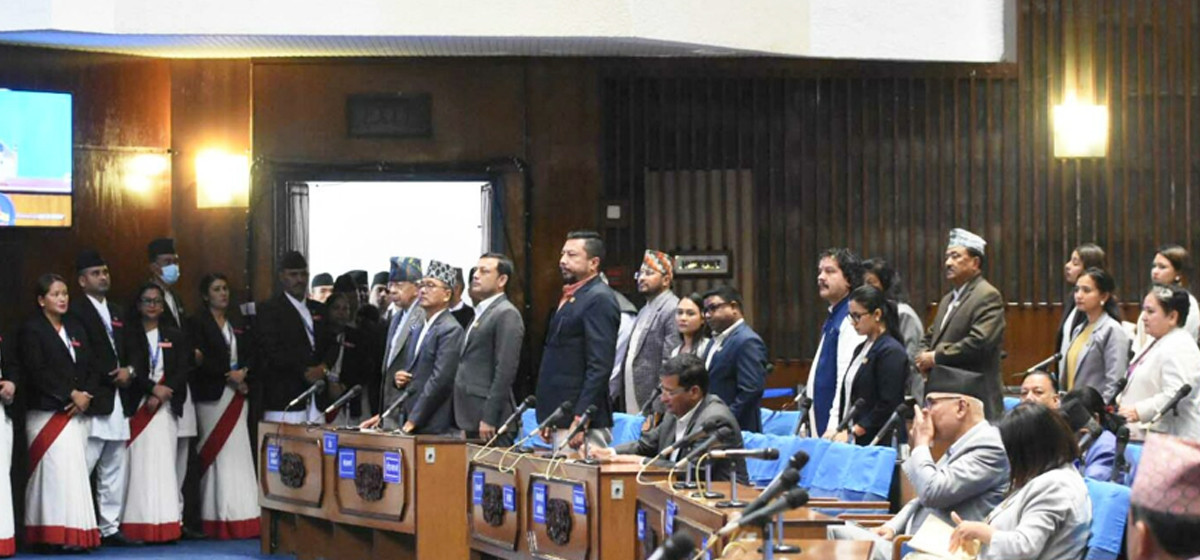The revelations emerging from the ongoing visit visa scandal are alarming and demand more than just political posturing or verbal denials. At stake is not only the credibility of the Home Ministry but also public confidence in the rule of law and governance. At this critical juncture, the most appropriate step for the government is to demonstrate its commitment to transparency by immediately agreeing to the formation of an independent, high-level investigation committee. Opposition parties, who have been obstructing Parliament over this issue, made a coordinated push on Tuesday, calling for both the resignation of Home Minister Ramesh Lekhak and the establishment of a powerful probe committee. While the demand for resignation remains contested, there is broader political and public consensus that an impartial probe is absolutely essential. The government must not shy away from this demand if it wants to protect its moral and institutional legitimacy and end the deadlock in the parliament.
Reports suggest that a well-organised racket involving immigration officials and manpower companies has been extracting bribes—up to Rs 50,000 from those heading to Gulf countries and as much as Rs 300,000 from those travelling to Europe—under the guise of visit visas. With roughly a hundred departures cleared daily, up to Rs 5 million is allegedly being collected each day. Even more troubling is the accusation that these funds have flowed upward to senior home ministry officials, potentially implicating the Home Minister’s own secretariat. In response to these credible leads, the Commission for the Investigation of Abuse of Authority (CIAA) launched an undercover operation on May 21. Since then, several high-ranking immigration officials, including Joint Secretary Tirtha Raj Bhattarai, have been detained. Investigations are underway and what they have uncovered is deeply disturbing—not just in terms of corruption, but also national security. The scandal has exposed how most-wanted fugitives may have been moving in and out of the country with impunity, aided by a compromised immigration system.
Govt forms high-level committee to probe visit visa scandal

At a time when the integrity of the country’s security institutions is being questioned, the government’s refusal to agree to an independent investigation risks sending the wrong message. Regardless of whether Minister Lekhak is personally guilty—a fact only a credible investigation can determine—the scandal falls squarely under the Home Ministry’s jurisdiction. In such cases, a transparent inquiry is not a political concession but also a democratic obligation. Prime Minister KP Sharma Oli and Nepali Congress President Sher Bahadur Deuba have come to Lekhak’s defence, insisting that resignation is unwarranted. Even if they believe in the minister’s innocence, they should realise that public trust cannot be restored through verbal assurances alone. Only an impartial and independent investigation will suffice. Accountability is not a weakness—it is a pillar of democracy. An independent probe would not only determine the scope of wrongdoing but also signal that this government is serious about fighting impunity, no matter how high the trail leads. The government now faces a defining choice: protect an individual, or protect the institution. It must choose wisely—and transparently.



